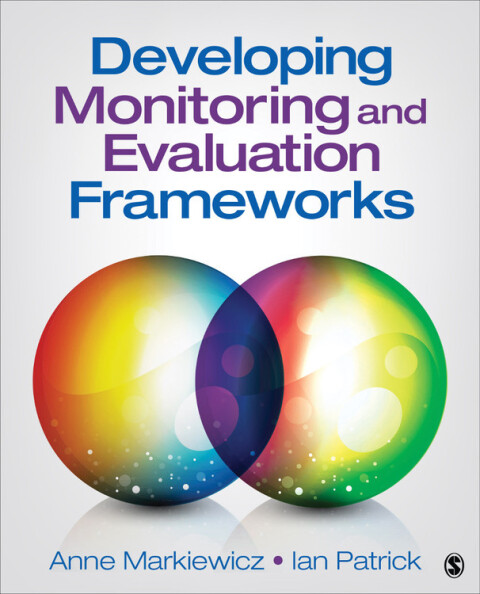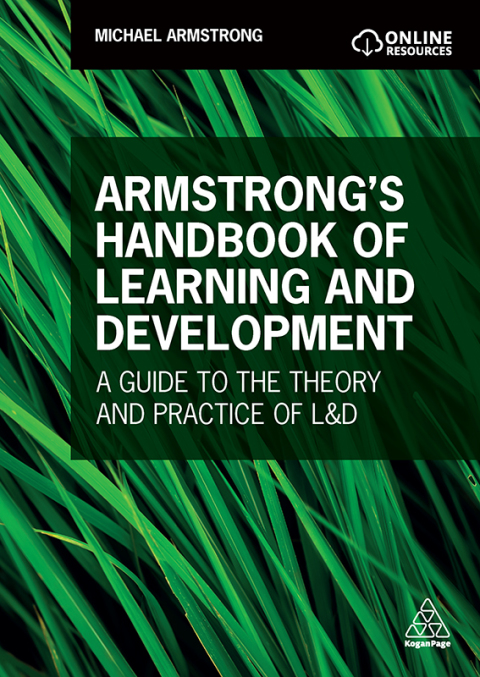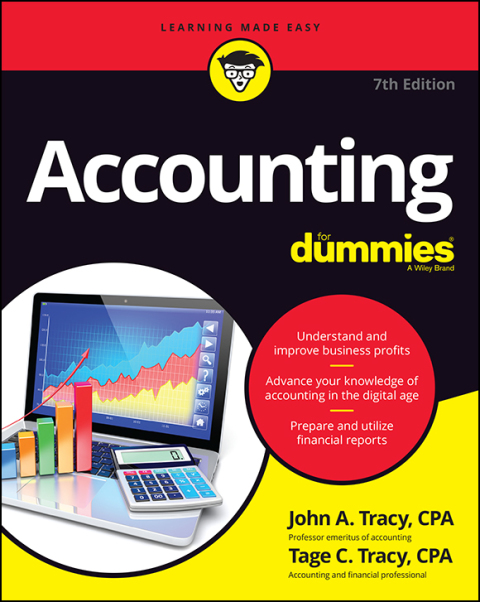Description
Efnisyfirlit
- Preface
- Acknowledgments
- About the Authors
- Chapter 1 Introduction to Developing Monitoring and Evaluation Frameworks
- What Is a Monitoring and Evaluation Framework?
- Why Invest?
- What Functions Does a Monitoring and Evaluation Framework Serve?
- What Gap Does This Text Intend to Fill?
- Key Features of the Approach
- Program-Level Focus
- What Are the Differences Between Monitoring and Evaluation?
- What Are the Complementarities Between Monitoring and Evaluation?
- What Is Included in a Monitoring and Evaluation Framework?
- Format and Layout of the Text
- Chapter 2 Foundation Concepts
- 1. Multiple Purposes for Monitoring and Evaluation
- 2. Results-Based Management Approach
- 3. Theory-Based Approach
- 4. Evaluation-Led Monitoring and Evaluation
- 5. Participatory Orientation
- Chapter 3 First Steps: Scoping the Monitoring and Evaluation Framework, Stakeholder Mapping, and Evaluation Capacity Building
- 1. Introduction to Scoping the Framework With Key Stakeholders
- 2. Key Steps in Scoping the Framework
- Step 1: Identify Requirements
- Step 2: Determine Participation Arrangements
- Step 3: Identify Possible and Preferred Approaches
- Step 4: Review Resource Parameters
- Step 5: Confirm Purpose and Parameters of the Framework
- 3. From First Steps Onward
- Summary Checklist
- Chapter Review Questions
- Chapter 4 Program Theory and Program Logic as Foundations for the Monitoring and Evaluation Framework
- 1. Introduction to Developing Program Theory and Program Logic
- Program Theory
- Differences Between Program Theory and Program Logic
- Program Logic
- Program Theory and Program Logic for a Community Education Program
- 2. Steps Involved in Developing Program Theory and Program Logic
- Step 1: Plan Stakeholder Engagement Strategy
- Step 2: Develop Program Theory
- Step 3: Develop Program Logic
- Step 4: Confirm Program Theory and Program Logic With Key Stakeholders
- Summary Checklist
- Chapter Review Questions
- Chapter 5 Evaluation Questions—Determining What We Want to Know
- 1. Introduction to Developing Evaluation Questions
- Answering Evaluation Questions: A Complementary Role for Monitoring and Evaluation
- Developing Agreed, Practical, and Useful Evaluation Questions
- 2. Using Evaluation Domains to Guide Selection of Questions
- 3. Using Program Theory and Logic to Determine Evaluation Questions
- 4. Steps Involved in Developing Evaluation Questions
- Step 1: Develop Draft Evaluation Questions
- Step 2: Facilitate Stakeholder Participation
- Step 3: Scope Number and Range of Questions Against Data and Resources Available
- Step 4: Present Questions to Stakeholders for Final Endorsement
- Step 5: Finalize Evaluation Questions
- Summary Checklist
- Chapter Review Questions
- Chapter 6 The Monitoring Plan
- 1. Introduction
- 2. Introduction to Program Monitoring
- Performance Management and Program Monitoring
- 3. The Monitoring Plan
- 4. Steps in Developing the Monitoring Plan
- Step 1: Identify Focus
- Step 2: Develop Performance Indicators and Targets
- Step 3: Identify Data Collection Processes and Tools
- Step 4: Determine Responsibilities and Time Frames
- 5. The Future of Program Monitoring
- Summary Checklist
- Chapter Review Questions
- Chapter 7 The Evaluation Plan
- 1. Introduction
- 2. Focusing on Evaluation
- Quality and Value
- Example of Quality
- Example of Value
- Types of Evaluation: Formative and Summative
- 3. The Evaluation Plan
- 4. Steps Involved in Developing the Evaluation Plan
- Step 1: Determine Overall Evaluation Approach
- Step 2: Identify Evaluation Questions Requiring Criteria and Standards
- Step 3: Identify Focus of Evaluation and Methods for Each Question
- Step 4: Determine Responsibilities and Time Frame
- Step 5: Review the Monitoring and Evaluation Plans
- Summary Checklist
- Chapter Review Questions
- Chapter 8 Collecting, Managing, Analyzing, and Synthesizing Data to Reach Evaluative Conclusions
- 1. Introduction to Data Processes That Support Sound Conclusions
- 2. Organizational Context for Data Collection, Management, and Analysis
- 3. Data Quality
- 4. Steps Involved in Data Collection, Management, Analysis, and Synthesis
- Step 1: Develop Data Collection Plan
- Step 2: Develop Data Management Plan
- Step 3: Consider Approach to Data Synthesis
- Step 4: Consider Approach to Making Evaluative Judgments and Reaching Evaluative Conclusions
- Summary Checklist
- Chapter Review Questions
- Chapter 9 Learning, Reporting and Dissemination Strategies
- 1. Introduction
- 2. Steps Involved in Learning and Reporting and Dissemination
- Step 1: Consider Developing or Refining a Learning Strategy That Maximizes Use of Conclusions, Recommendations, and Lessons
- Step 2: Consider the Identification of Recommendations and Lessons
- Step 3: Provide Guidance on Developing a Reporting and Dissemination Strategy
- Summary Checklist
- Chapter Review Questions
- Chapter 10 Planning for Implementation of the Monitoring and Evaluation Framework
- 1. Introduction to Planning for Implementation
- 2. Key Steps in Implementation of Monitoring and Evaluation Frameworks
- Step 1: Confirm Program Management Arrangements
- Step 2: Work Planning for Implementation
- Step 3: Plan for Monitoring and Review of Framework
- Summary Checklist
- Chapter Review Questions
- Chapter 11 Conclusion
- Appendix
- References
- Index






Reviews
There are no reviews yet.